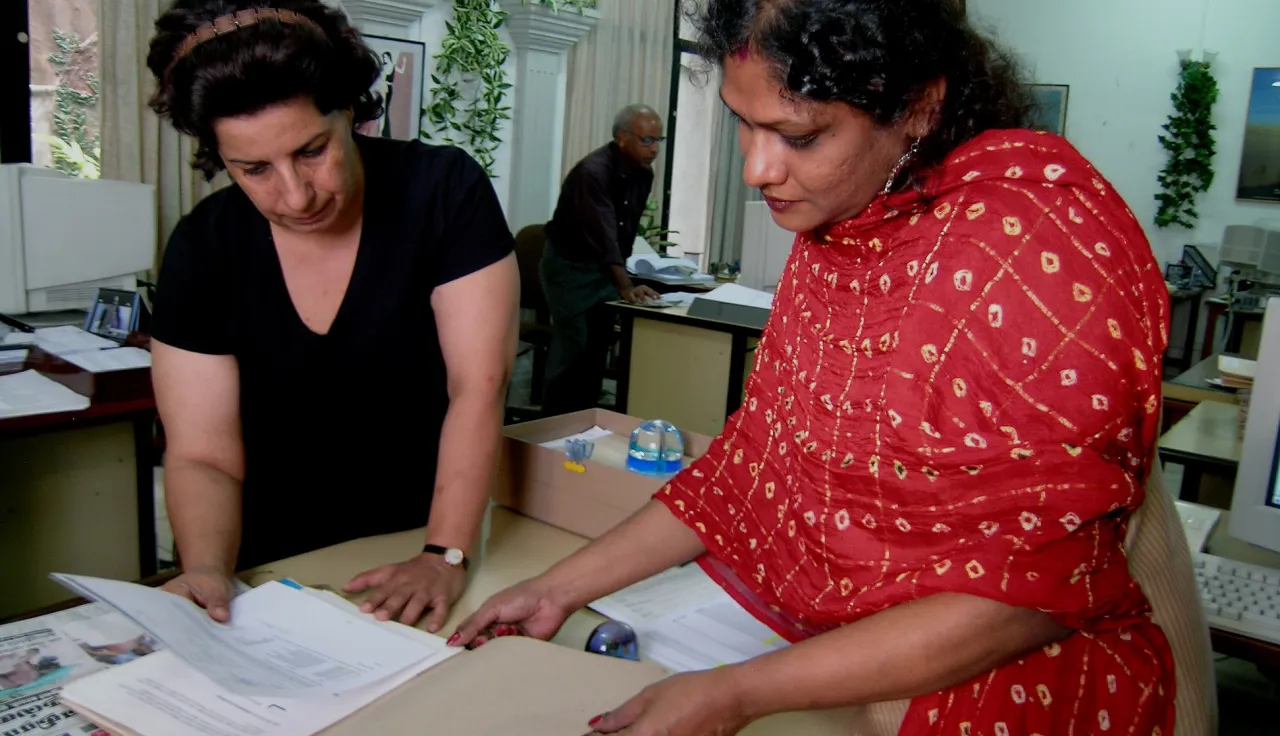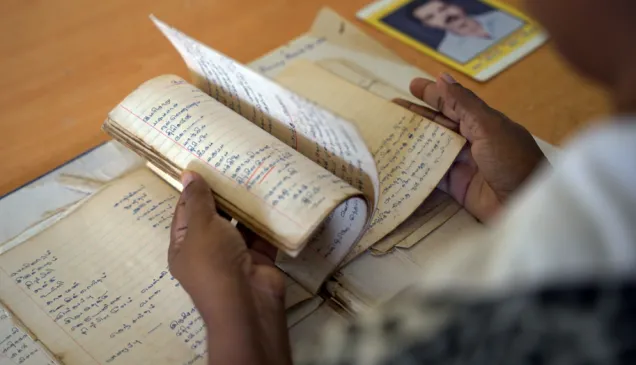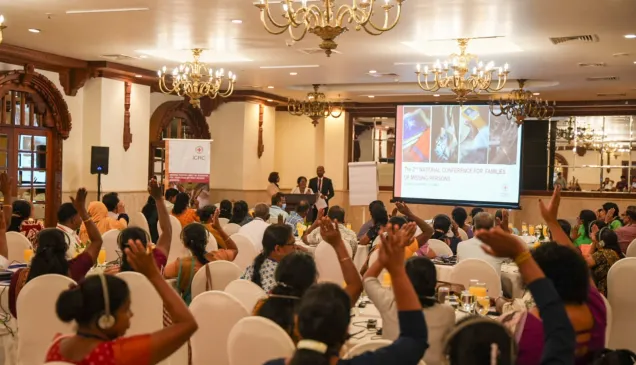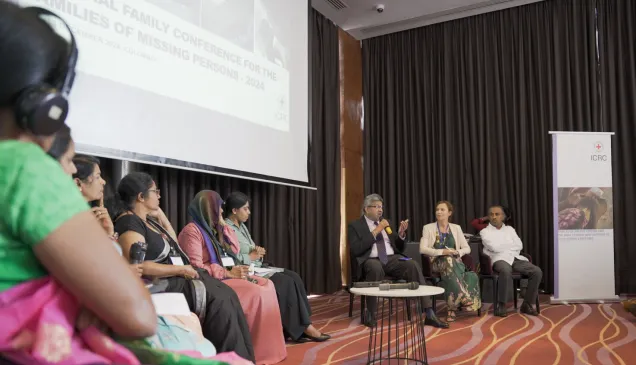When people go missing, it causes anguish and uncertainty for their families who continue to live in a state of ambiguity, not knowing whether their loved one is alive or dead. For many families of missing persons, knowing what has happened to their relatives is the most pressing need. In most situations, the missing person is often the breadwinner of the family, and their absence exacerbates the economic, legal and administrative challenges of families who struggle with the multiple consequences that they are faced with. Their plight should be acknowledged by authorities, communities and society-at-large.
People have the right to know what happened to their missing relatives and authorities have an obligation to provide information and assist efforts to ascertain the fate and whereabouts of missing persons. This is enshrined in international humanitarian law, which also requires parties to a conflict to take measures to ensure that people do not go missing in an armed conflict.
Increased and continuous efforts are needed to search for missing persons and to provide individualized answers on their fate and whereabouts to their families. These include, amongst many others, the strengthening of national frameworks and systems, including medico-legal ones; putting in place or improving existing processes and mechanisms dedicated to establishing the fate and whereabouts of missing persons; and the collection and processing of information on missing persons and the events in which they went missing, as well as on human remains and possible human remains sites.
Sri Lanka has not been spared from this humanitarian tragedy. In 2023, thousands of families of missing persons from all communities across the country continue to suffer due to the uncertainty surrounding the fate of their missing loved ones. It is important that they receive answers on the fate and whereabouts of their missing relatives. While every effort must be made to establish the fate of missing persons, their relatives must also be enabled to live in dignity.
READ MORE
REPORT - Living with Uncertainty: Needs of the families of missing persons in Sri Lanka
IN BRIEF - Families of the missing help each other
In Sri Lanka, the ICRC implements an island-wide support programme that addresses the emotional, economic, legal and administrative needs of families of missing persons. Concurrently, the ICRC has been working with authorities and relevant stakeholders to build their capacities to address the multifaceted needs of families, including their need to know.
The ICRC stands ready to continue sharing its global expertise with relevant stakeholders in Sri Lanka, in order to contribute to the process of clarifying the fate and whereabouts of missing persons, in accordance with its humanitarian mandate.
About the International Committee of the Red Cross
Established in 1863, the ICRC operates worldwide, helping people affected by conflict and armed violence and promoting the laws that protect victims of war. It is based in Geneva, Switzerland, and works in more than 100 countries. A neutral, independent, impartial organization, its mandate stems from the Geneva Conventions of 1949.
Media contacts:
Ruwanthi Jayasundare, ICRC Colombo
Tel: +94 11 250 33 46 or + 94 0773865382




